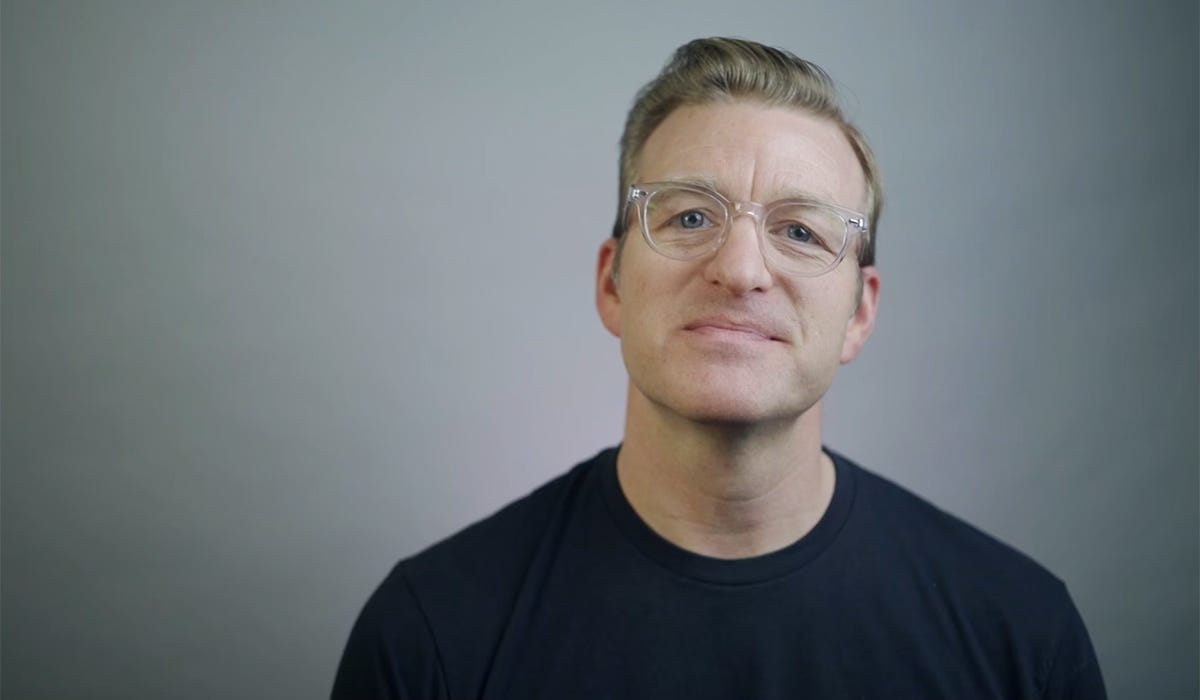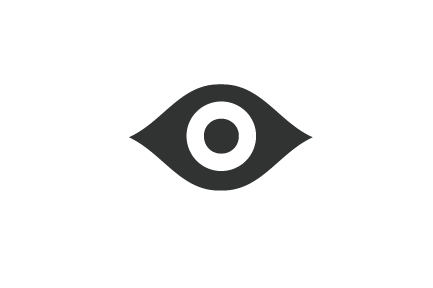The Interview: Todd Zaki Warfel
How a background at Twitter, Cisco, and Workday led to a career in executive coaching of more than 500 industry leaders and counting.
Throughout his time in startups and big tech, Todd Zaki Warfel gained experience in executive communications, leadership, and the art of the turnaround. Today, he’s an executive and communications coach with a niche in organizational transformation. Connect with Todd on LinkedIn. —Steph

Tell us about yourself.
The coaching industry is pretty broad, and my areas of expertise are organizational transformation, executive communication, and building high performing teams. Other coaches focus on creative process or building safe spaces, and while my conversations do touch on those things, it’s not my niche: I help leaders who are in roles similar to those I’ve held at Twitter, Cisco, and Workday.
At the end of the day, I am helping people get out of their own way. It seems like the higher you climb the ranks as an executive, the more you forget how to communicate with others. I see leaders make some common mistakes. They assume that their staff operates from the same place as they do, or listens and communicates in the same way they do, or is motivated by the same things that motivate them.
What is your training and certification as a coach?
My educational background is in cognitive psychology and creative writing, and I did some doctorate work at Cornell University in a subfield of behavioral psychology. In hindsight, coaching makes sense. I love the power of words; I love understanding how people process and make decisions. The human brain is a fascinating machine.
When I left my last corporate role at Workday, I honestly had no idea what I would do next, and I was in a six-month tailspin trying to figure it out. A longtime industry friend had left his corporate role too, and he and I would meet for lunch and talk about our futures. He encouraged me to look into coaching, and it seemed like a fit.
Because I’m somebody who believes things should be done a proper way, I completed a certification as an executive coach through Maxwell Leadership, and I also hold a master’s certification in the Enneagram.
I’d love your take on this: What do you say to people who are skeptics of tools like the Enneagram?
There’s a small percentage of people who are not big believers in any personality types and systems. Then there are other people who question whether the Enneagram, specifically, is scientifically valid. But you could argue that all psychology is pseudoscience because it is not hard and fast. People are complex. We’re unique as individuals, and yet we still have patterns.
There are some personality assessments that have marketing companies behind them, but not the Enneagram. Nobody owns it. There’s no institution behind it, and so it’s in a different category, with roots that go back thousands of years. Now, from my perspective, I’m an outcomes-based coach. All I care about is that the thing works, and I have 400 case studies of people I’ve coached who have achieved results through it. I’m going on the evidence.
Tell us more about your previous career; how does that influence you as a coach?
In my roles in tech companies, both in big tech and startups, I earned a reputation as a fixer, someone who is able to turn a ship around. How do you cauterize the artery that’s been gushing? I’ve coached a number of leaders through that situation.
There are reoccurring themes that come up over and over again in executive positions. A lot of it has to do with poor communication: Many people I coach have moved into executive roles that lack clarity as to what the role is supposed to look like—and no one is helping them figure it out. What are the challenges they’ll face? What are the skills they need to develop? What decisions are they responsible for? Clarity is a key theme I continually work on with clients because if roles and responsibilities are muddy or fuzzy, no one can perform at their best.
You might be a stellar technical performer. But that doesn’t mean you know how to transform an organization—how to paint a big-picture vision, come up with a strategy, and help the team execute it. It doesn’t mean you know how to develop the next generation of leaders.
Did you have an “a-ha” moment when you realized the power of the coaching model for yourself?
I’ve had a bunch. I remember there was a session in my training program that was an awakening for me. It was during a hands-on live coaching demonstration, which began with each of us pairing up with someone in the room, and then each pair was given a set of three juggling balls. Our assignment was to coach our partners on how to juggle in five minutes. There were a few hundred people in the room, and of course everyone thought they were going to crush it . . . and we all pretty much failed.
Then our instructor said, “Now I’m going to show you what it’s like to coach somebody.” He brought a young woman onto the stage and said, “Ok, try juggling.” He let her go for maybe a minute, and then paused her and asked, “What did you notice?”
“I wasn’t really catching the balls,” she said.
“What might contribute to you not being able to catch them?” he asked.
“I feel kind of restricted in this jacket,” she said. She took off her suit jacket and tried again.
“What did you notice this time?" he asked after another minute. "What’s working, and what’s not working?”
They kept going. It was a whole question-and-answer thing, but he never told her what to do. He just asked questions, giving her space to assess her own situation. That was a breakthrough moment where I understood that he’s not teaching her to juggle by telling her how to do it, because that would be advising. He’s creating space for her to explore what’s working and what’s not.
What are you like as a coach?
I’m pretty direct, a little raw. I do not sugarcoat things, and I tell clients in my intro session that my coaching models are outcome based. When you work with me, you’re going to identify some milestones down the road, two or three pillars that we want to work toward, or changes that we want to see six months from now. Then we’ll work backwards from there. The other thing I tell clients is that I’m going to be direct—it may not always be what you want to hear, but I promise it will be what you need to hear.
What is your vision for the coaching industry?
There are a lot of charlatans out there. I would love to see more maturity in the practice. I would love to see more companies investing in it. One of the reasons I have a job is because there are so many poor leaders. In the time I spent in the corporate world, I had 10 bosses, and to be blunt, two were decent—and the others were good people who were ineffective and ill-equipped. So my hope for the coaching industry is that we can help people get better at leading and developing others.
People are often promoted because they’re very good at executing work, and we forget that they’d spent 10 to 15 years developing and honing those technical skills. You can’t throw them into a leadership role without training and coaching and expect them to magically be good at it. They won’t be.
This interview has been edited for length and clarity.





